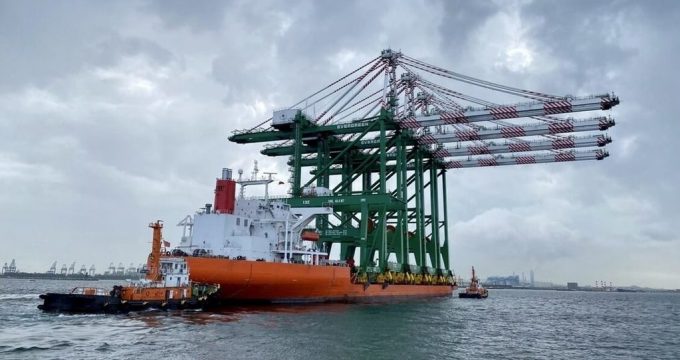What the US can learn from Brexit as it cuts de minimis exemption
One suspects customs formalities were not at the forefront of the White House administration’s mind ...

Chinese crane manufacturer Shanghai Zhenhua (ZPMC) has rejected US claims that communications equipment found on its quay cranes are there for espionage purposes.
On Friday, The Loadstar reported that equipment manufactured by state-owned ZPMC, which has built 80% of the quay cranes ...

Comment on this article
Dwight Campbell
March 12, 2024 at 4:17 pmVirtually every computer, or even modern electronic device, is connected, or at least connectable, to the internet, and is able to “be controlled, serviced and programmed from remote locations”.
If they want to eliminate this capability, at this point in time, they will not be able to put anything on the internet, or allow anything such as Bluetooth or other wired or wireless communication protocols. Even something as straight forward as a single USB stick presents a significant security hazard. I don’t see any government, or other entity, having a stellar record against hackers, or someone just copying a USB stick, and taking it home in their pocket, knowingly or otherwise.
Hackers are currently able to shutdown entire segments of the internet surprisingly easily. That operation with a bitcoin ransom can all be done offshore and could be as problematic as Chinese or other offshore data gatherers.
The more complex these systems get, the more susceptible, and valuable, they become to outside interference.